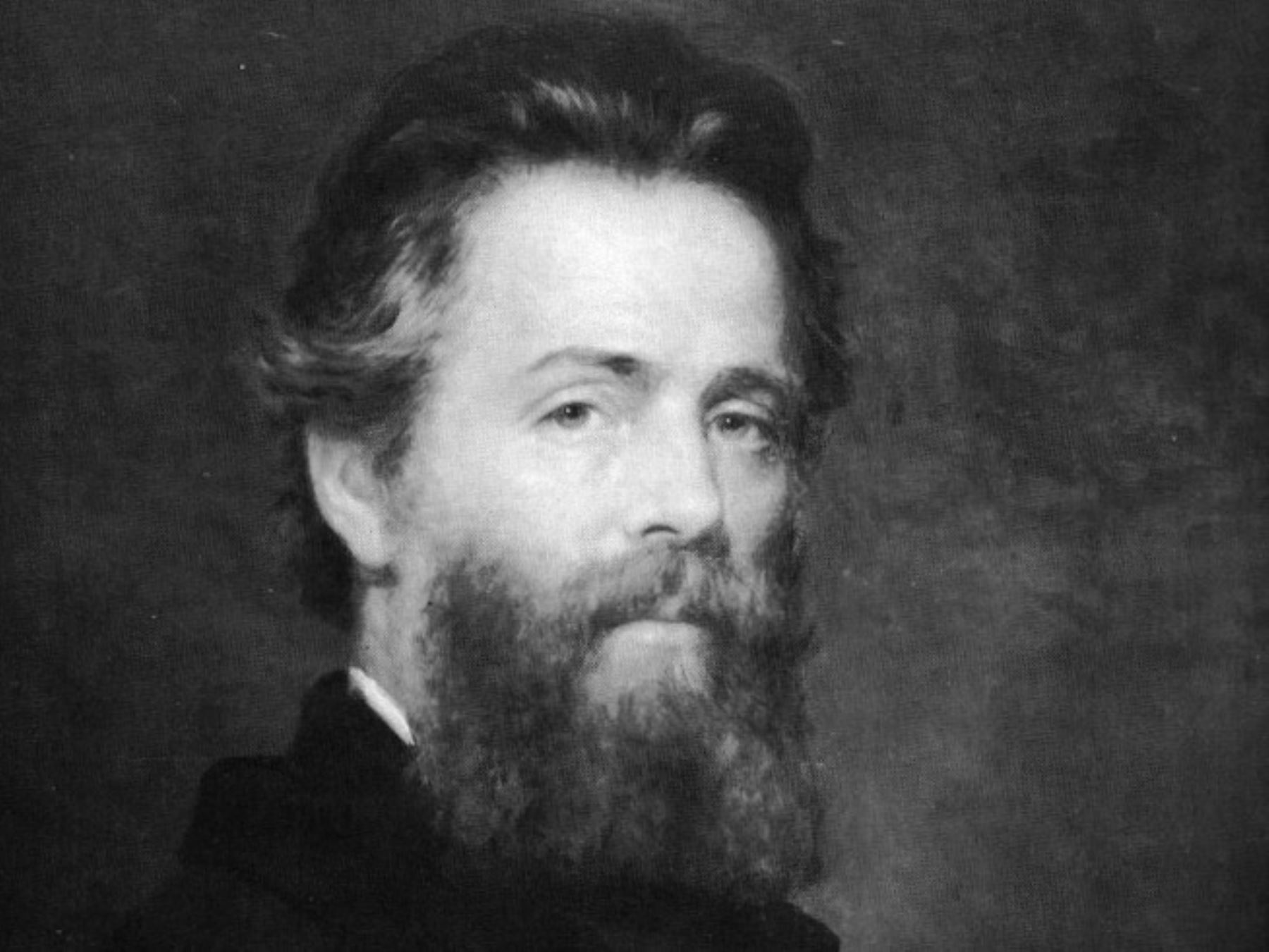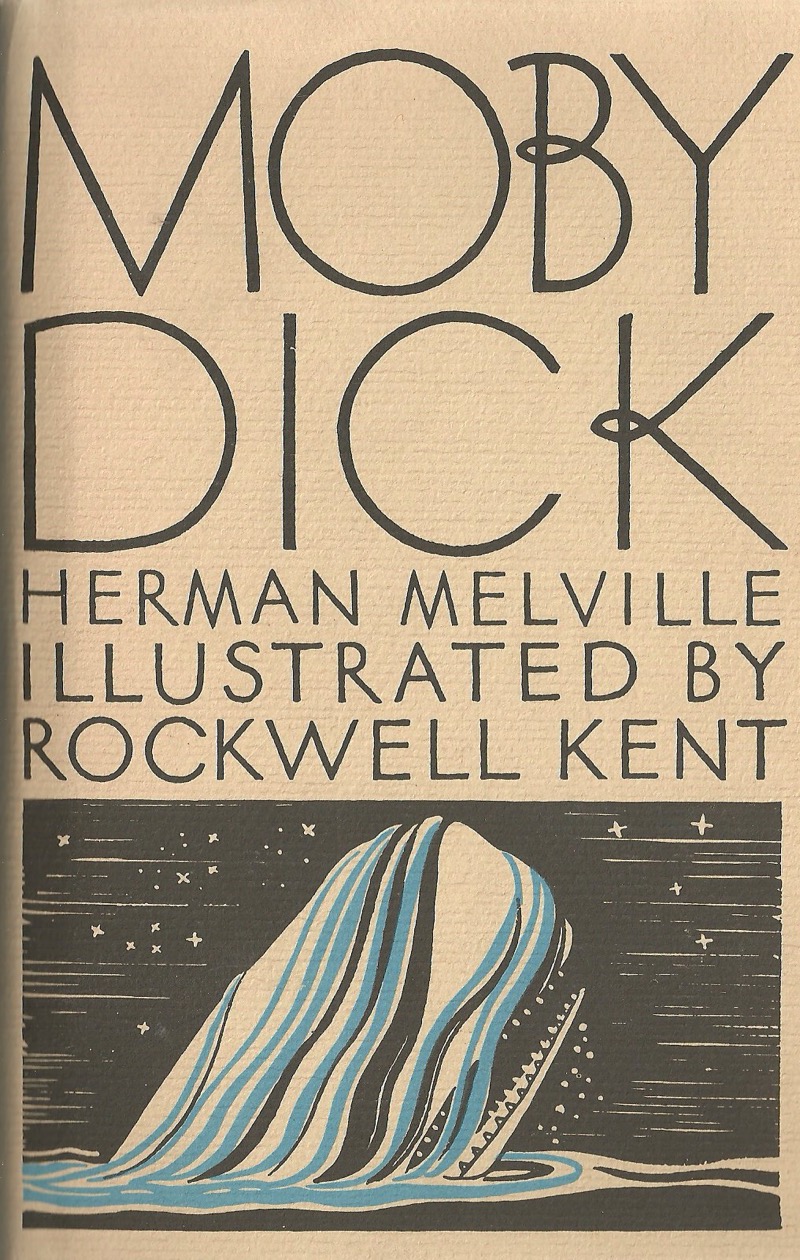
[caption id="attachment_64249" align="alignnone" width="1024"] Herman Melville[/caption]
Herman Melville[/caption]
By Michelle Trauring
Lisa Dickman considers herself to be more of a re-reader these days.
As for the number of times she’s opened Herman Melville’s epic, “Moby-Dick,” that would be impossible to say.
She reads it for pleasure. She reads it for inspiration. She reads it for social criticism. She reads it for philosophical understanding.
She reads it to be close to Melville.
“I have a deep connection to Melville on a biographical, psychological level. The more I find out about him, the more I understand—and the more I understand about myself,” she said. “He has this dark, black, satirical sense of humor. He sees things that civilians, normal people don’t look at.”
Ms. Dickman — who has taught high school English in New York City for the last 20 years — does not consider herself to be a Melville scholar, but more of an aficionado. She can talk at length about the prolific author, without interruption, and the Saturday night warm-up to Canio Book’s “Moby-Dick” Marathon reading will give her the perfect stage to do so.
The marathon reading, which dates back to 1983 — the days when participants would stay up through the night, reading chapter after chapter of the magnum opus into the early morning hours, sometimes as the sun rose — once defined Canio’s Books, and returned to the Sag Harbor bookstore two years ago following a 13-year hiatus.
It was during a similar marathon reading at the New Bedford Whaling Museum that Ms. Dickman crossed paths with Canio’s co-owners Kathryn Szoka and Maryann Calendrille — or, more specifically, at the scholars panel.
Ms. Dickman was less than impressed with their answer regarding the significance of the calabash in the beginning of the text — and took it upon herself to rectify the situation — and, along with the rest of the group, Ms. Szoka and Ms. Calendrille were floored.
“Everybody started clapping and awarded me a button for stumping the panel,” Ms. Dickman said. “Everybody knew who I was for the rest of the weekend.”
Her love affair with Melville truly began while studying him at Hofstra University, and only grew from there. She is particularly fascinated with the author’s ties to his contemporary Nathaniel Hawthorne — “He fell deeply and passionately in love, but Hawthorne was straight,” she said — and the themes he explored, which were progressive and ahead of their time.

“When he published ‘Moby-Dick,’ he dedicated it to Hawthorne. It was a love letter. When he met Hawthorne, for the first time, he met someone who shared his vision of the world, the universe, and understood it and it inspired him to write a different kind of book,” she said. “He wasn’t writing a book for commercial success. It was a serious work of literary fiction, but it collapsed the genres of fiction and nonfiction. In many ways, Melville was an environmentalist, critical of the Bible because of its hypocrisy. He was something of a free thinker. He was interested in the dark side of the American dream and the tragic side of life, and so was Hawthorne.”
Melville — who descended from a once highly regarded family that fell from grace when his father died — didn’t shy away from bucking against the optimistic, industrial and mainstream way of life, Ms. Dickman explained. He saw underneath that, something dark and foreboding, that the guilt of America’s past actions would come back to haunt them.
“He understood the hypocrisy of Christianity. He understood, from working on a whaler himself, that the corporations that owned these ships were Quakers and while they profess themselves to be plain and peaceful and anti-war were also engaging in a kind of war on nature,” she said. “He had a moral compass that was not limited by his age and world view at the time. He was really a modernist. He did not see things as the typical American. He sailed around the world when he was barely out of his 20s. He lived among cannibals. He was a student of culture and reality. He was not understood in his time.”
It is first through Queequeg’s eyes — a tattooed Maori cannibal who stows away on the whaler — that this is realized. It is also one of the instances when Sag Harbor, a notable whaling port at the time, is mentioned, after the savage witnesses the cruelty of Christian men in the village.
“He’s the antithesis of Christianity and he and Ishmael become soulmates. It’s the first bromance in literature,” Ms. Dickman said. “They get married. The cannibal embraces Ishmael and says, ‘You, my brother, we’re married now and half of what I have is yours.’ During the course of this marriage, they tell their story to each other, one of them involving the calabash, which sets up the complex critique of Christianity.
“The first time I read this book, I thought it was mind-blowing. It changes your life. It still does, every time,” she continued. “It’s one of the books I re-read and re-read and re-read over again. You cannot contain everything in this book at any one time. You change, and you understand the book in different ways.”
Leading up to the annual “Moby-Dick” marathon reading, Melville aficionado Lisa Dickman will give the talk “Melville: the Modern Master” on Saturday, May 20, at 5 p.m. at Canio’s Books in Sag Harbor, and “Moby-Dick,” starring Gregory Peck, will screen on Thursday, June 1, at 6:30 p.m. at the John Jermain Memorial Library.
The “Moby-Dick” marathon reading will be held from Friday, June 9, through Sunday, June 11, at various locations in Sag Harbor. For a full schedule, to sign up or support a chapter, call the bookstore at (631) 725-4926 or visit canios.com.